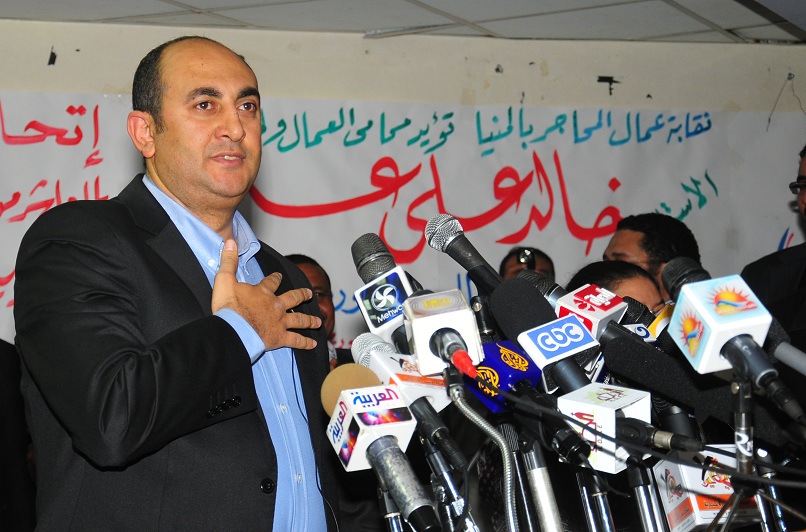As the competition for the US presidency heats up, the threat of Muslim extremism is bound to become a major issue in the campaign. The reason is its link to the war in Iraq. Public polling shows that Iraq is the top foreign policy issue for most Americans, with many seeing the war as increasing the risk of future terrorism against the United States and its allies. The presumptive Republican nominee John McCain has called the threat of Muslim extremism the transcendent challenge of our times.
How the candidates – and the electorate – respond to this challenge will determine whether or not the United States can escape the scapegoat trap into which we have fallen, and whether the campaign will unify the nation on a vital foreign policy issue or polarize it even further.
Over the past 18 months, I have been working with a group of leaders to develop new strategies for dealing with Muslim extremism, looking into the core causes of tension with Muslims around the world, and finding ways to improve our own security by reducing those tensions.
We ve seen that US military occupation of Iraq and Afghanistan have played into the hands of Muslim extremists, who have successfully made us scapegoats for the failure of so many Muslim nations to build just and prosperous societies.
Without broader support, the extremists are not in and of themselves a serious threat, as they represent a tiny minority among the world s 1.4 billion Muslims. Gallup public opinion data show clearly that the great majority of Muslims disapprove of attacks on civilians and venerate their Abrahamic faith as a guide to righteousness and morality.
Our use of military force in two Muslim countries and our threats against a third (Iran), only give credibility to the extremists claim that the United States is at war with Islam, has no respect for Muslim values and beliefs, and is trying to impose our alien culture on the Muslim world. These claims inflame Muslim public opinion and undermine the efforts of mainstream clerics and political leaders to rein in extremism.
If we could somehow extricate ourselves from an active military role in Iraq, build bridges of understanding to peaceful leaders in the Muslim world (like those currently in power in Turkey), and provide assistance to Muslim communities, as we did to great effect after the tsunami devastated coastal areas of Indonesia, the extremists would find themselves increasingly isolated, and our ability to gather intelligence and disrupt their operations would gain immeasurably.
A successful strategy for isolating extremists cannot rely mainly on military force. A recent Rand study for the Department of Defence drives this point home. It would be a profound mistake , writes the report s main author, David C. Gompert, to conclude. that all the United States needs is more military force to defeat Islamist insurgencies.
When the same US soldiers in Iraq and Afghanistan who help to build wells and schools then bomb the insurgents, accidentally killing civilians, our intentions are certain to be mistrusted. Over the past few years, more and more Americans (now up to 65 percent) have come to realize that we have placed too much emphasis on military force and not enough on political, diplomatic, and economic initiatives.
For Americans and for people throughout the world who long for peace, prosperity, and justice, the really transcendent challenge of our time is to overcome the fears and distrust that are leading all too many people, here and elsewhere, to suppose that we are locked in a war of civilizations. A constructive bipartisan policy would acknowledge that the Muslim extremist threat is serious and urgent, but that the right political and economic strategies would combat it far more effectively than military engagement in Iraq.
The West managed to win the Cold War by patiently practicing containment and setting an example of the benefits of free society that eventually overcame ideological fanaticism. In different ways, that is what we must now do to defeat terrorism, prevent states ruled by unstable dictators from acquiring and spreading the means of mass destruction, and restore our standing as a leading global democracy.
Daniel Yankelovichis chair of the non-profit organization Public Agenda and a member of the Leadership Group on US-Muslim Engagement. This article first appeared in the Minneapolis Star Tribune and was written for the Common Ground News Service (CGNews).

